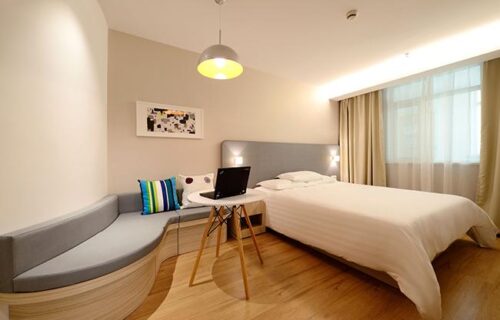The majority of Prague residents are in favor of restricting or banning short-term accommodation services
The data result from an August survey by the Czech Hotel Association, in which a representative sample of 1,050 residents of the capital took part. The results show that more than half of the respondents would prefer a classic hotel in their neighborhood over short-term accommodation services, primarily because of the hustle and bustle associated with so-called alternative accommodation services. Both views are more prevalent among men of working age with higher education.
The data further shows that only a minority of the capital’s residents (20.8%) perceives excessive tourism as a problem in general, and on the contrary, approximately the same proportion of residents welcomes tourism for economic reasons.
“Tourism as such does not have to be a problem for residents, even in such popular places as Prague. But the condition is to manage its negative externalities, which are objectively better managed by hotels than private short-term accommodation,” adds Marek Boura, chairman of the Czech Hotel Association.
His words are confirmed by other survey data. Over 40% of respondents who have short-term accommodation services (such as Airbnb) in their area have negative or very negative experiences with their guests. Moreover, in approximately half of the cases, the owner of the property does not react in any way to the complaints of the neighbors in cases of disturbing the peace at night and other disturbances. Also for these reasons, more than half of the survey respondents prefer a classic hotel in their neighborhood instead of short-term accommodation services.
“We want the state to ensure a level playing field in the market where different accommodation service providers compete. But this is not currently happening. While we as hotel operators have to comply with strict and costly regulations such as city fees, registration and registration obligations, tax payments , excessive waste disposal or fire and safety standards, operators of short-term accommodation services do not have to. At the same time, it is no longer a case of private individuals renting out their second property in this way, but short-term accommodation is often provided by large entities with a capacity in the order of dozens of beds,” adds Jaroslav Svoboda, director and owner of the Czech Inn Hotels network, which is the largest hotel operator in the capital city.
According to the survey, more than 60% of the respondents share a similar opinion, who are bothered by the unfair conditions between hotels and short-term accommodation providers. Data collection for the survey was carried out through the Instant Research application of the Ipsos agency.
Source: CHA and CTK
